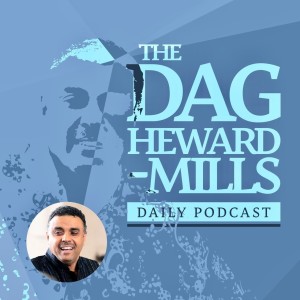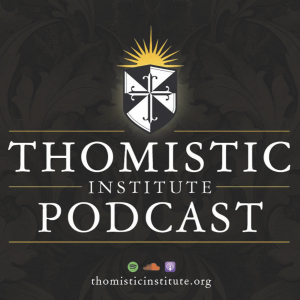

The Thomistic Institute
https://feeds.cohostpodcasting.com/8dluqp75Episode List
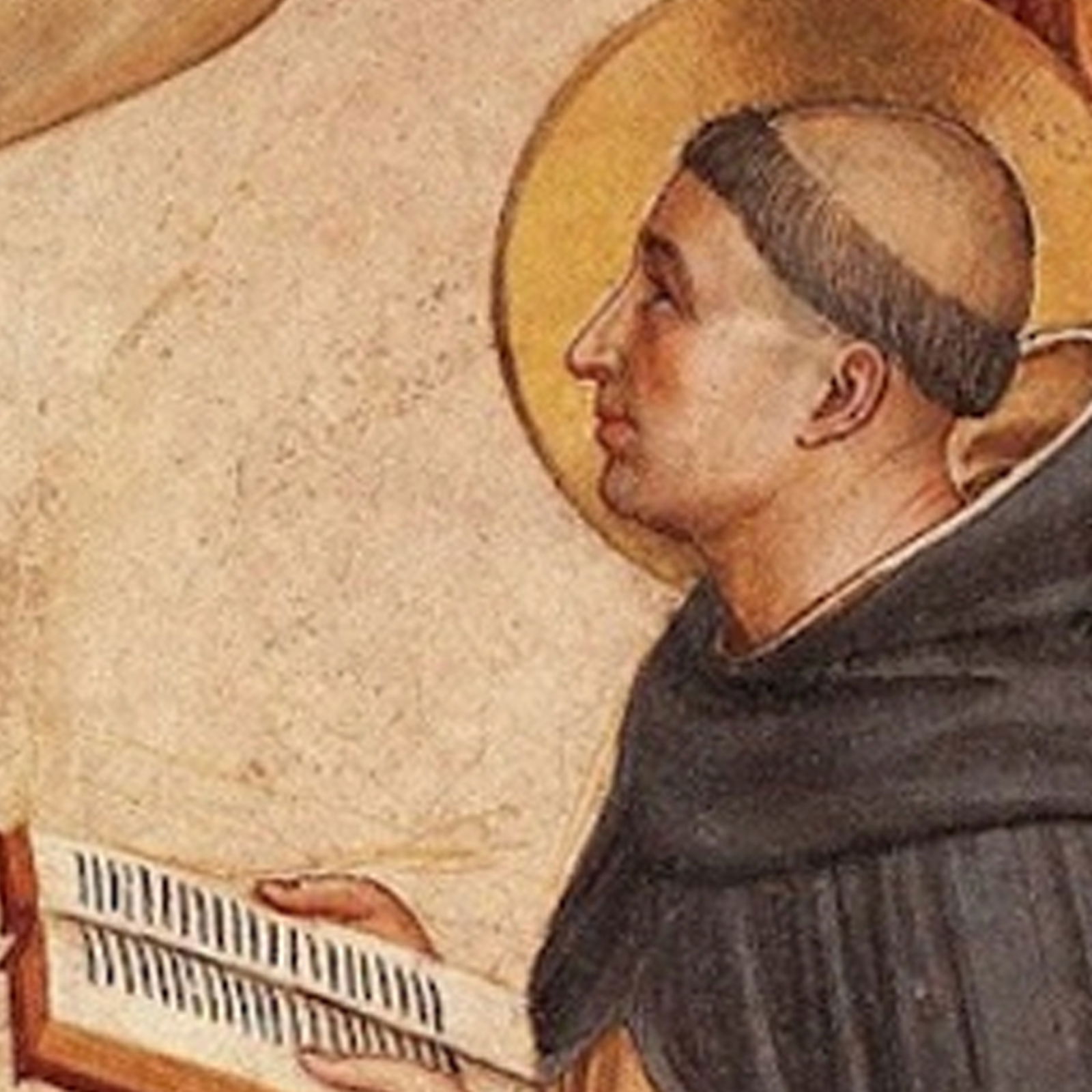
Thomas Aquinas on Charity I Fr. Cajetan Cuddy, O.P.
Fr. Cajetan Cuddy provides an in-depth exploration of charity as the highest theological virtue in the thought of Saint Thomas Aquinas, laying foundational principles for understanding just war, peace, and the ordered structure of the Christian moral life.This lecture was given on June 10th, 2024, at Dominican House of Studies.For more information on upcoming events, visit us at thomisticinstitute.org/upcoming-events.About the Speaker:Fr. Cajetan Cuddy, O.P., is a priest of the Dominican Province of St. Joseph. He serves as the general editor of the Thomist Tradition Series, and he is co-author of Thomas and the Thomists: The Achievement of St. Thomas Aquinas and His Interpreters. He has written for numerous publications on the philosophy and theology of St. Thomas Aquinas and the Thomist Tradition.Keywords: Christian Anthropology, Divine Friendship, Eternal Law, Intellectual Monasticism, Just War Theory, Moral Virtue, Natural Law Tradition, Summa Theologiae, Theological Virtue of Charity, Thomistic Ethics
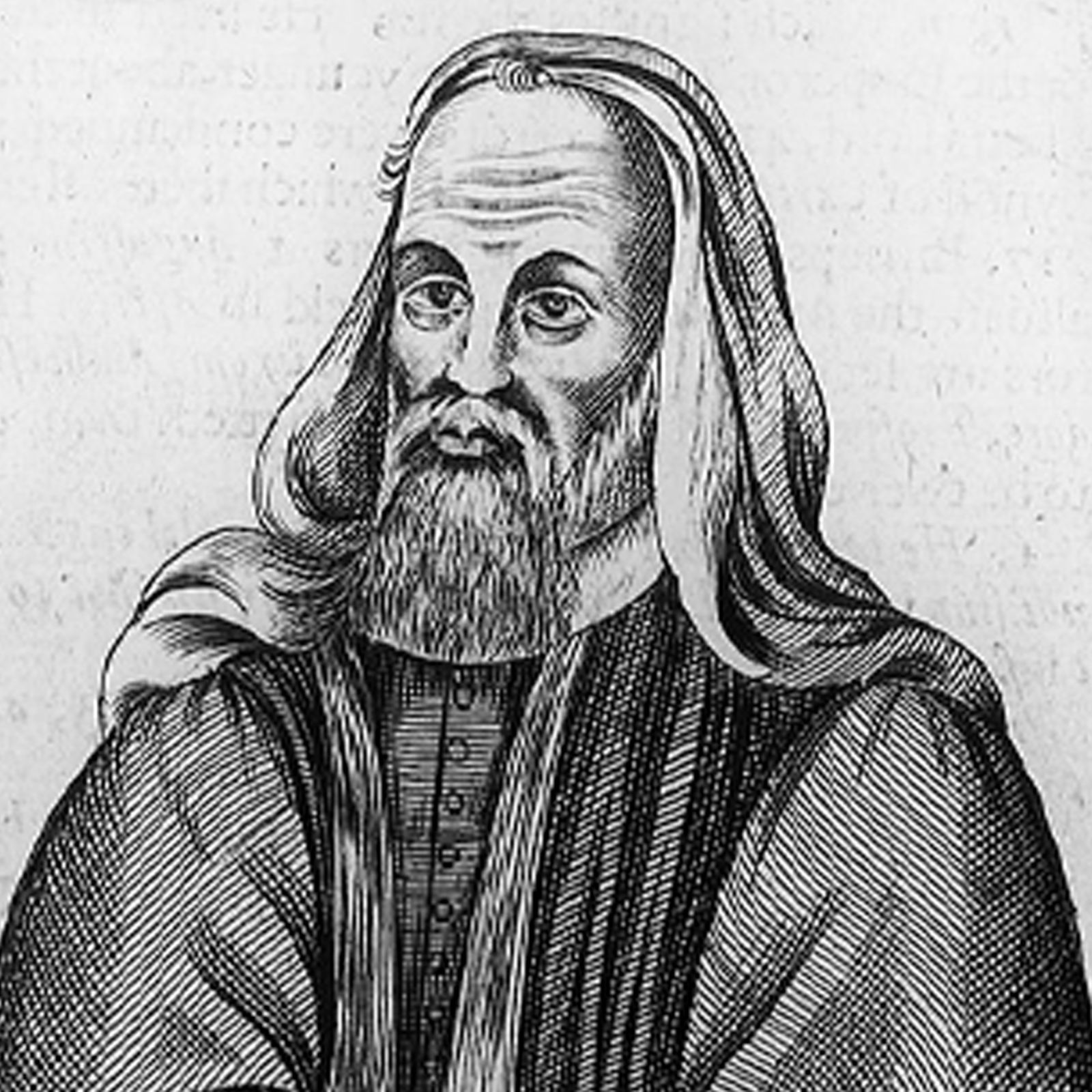
Martin Luther and Thomas Aquinas Against the Pelagians I Dr. Erik Dempsey
Dr. Erik Dempsey explores the positions of Martin Luther and Thomas Aquinas against Pelagianism, highlighting their shared rejection of justification by human effort and their nuanced theological differences on grace, merit, and free will.This lecture was given on March 18th, 2024, at Regent University.For more information on upcoming events, visit us at thomisticinstitute.org/upcoming-events.About the Speaker:Professor Erik Dempsey an Associate Professor of Instruction in the Departments of Government, Classics, and Religious Studies, and is the Assistant Director of the Thomas Jefferson Center for the Study of Core Texts and Ideas. He has taught at the University of Texas at Austin for over ten years, during which time he has offered classes in the history of political philosophy, on the Bible and its interpreters, on American political thought, on classical philosophy and literature, and others. His favorite classes to teach are Jerusalem and Athens, a class comparing the political, moral, and theological ideas of the Hebrew Bible to Aristotle's, and the Question of Relativism, a class on what he considers the central quandary of our time. He writes primarily about Aristotle and Thomas Aquinas, and he is currently studying John Locke's commentaries on St. Paul's epistles. Last but not least, he is an Eagle Scout.Keywords: Augustinian Theology, Christian Anthropology, Ecumenical Dialogue, Galatians Commentary, Grace and Merit, Justification Doctrine, Liberal Modernity, Martin Luther, Original Sin, Pelagianism
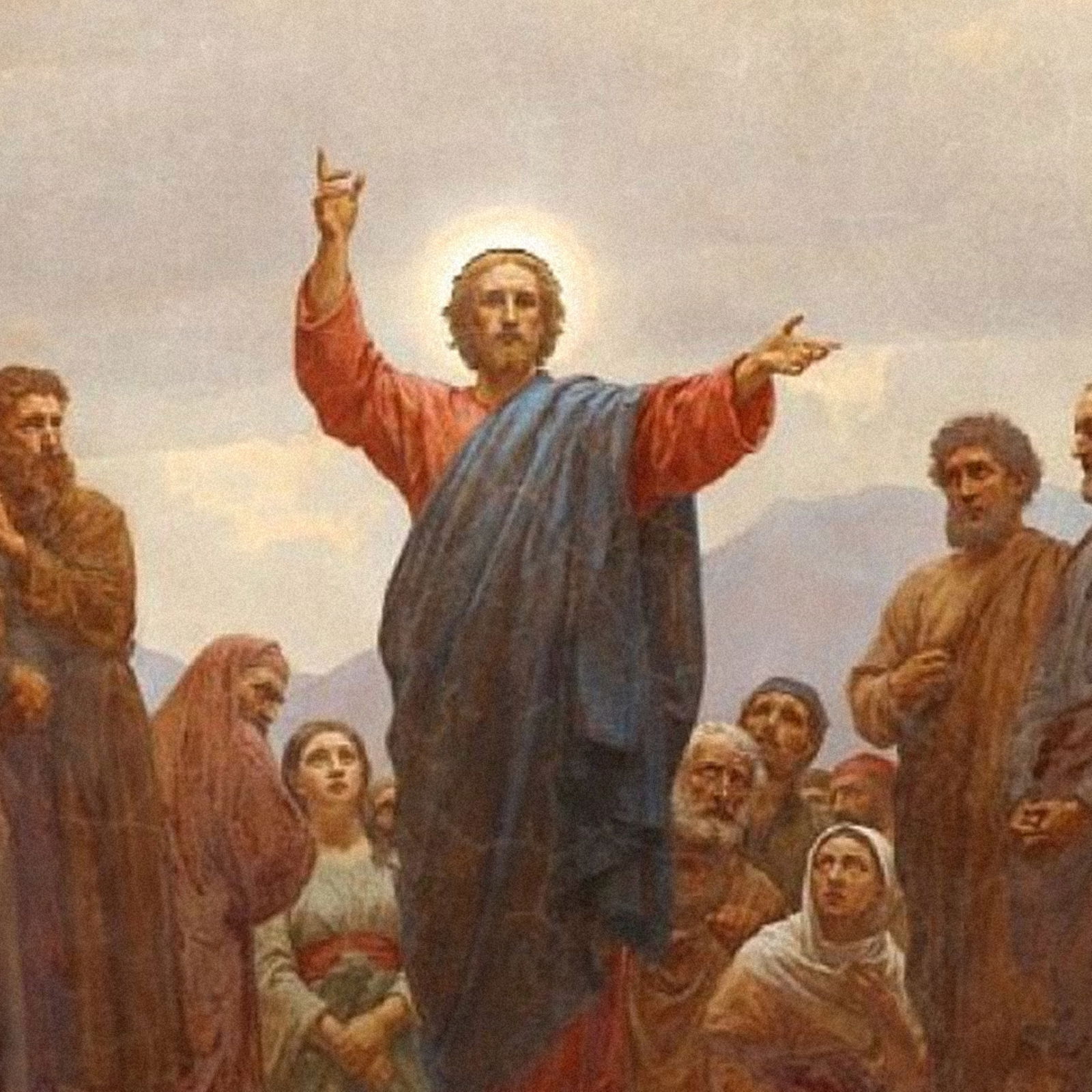
What Makes Laws Just? An Introduction to the Natural Law Tradition I Fr. Dominic Legge, O.P.
Fr. Dominic Legge delves into the philosophical and moral considerations that determine whether laws are truly just, highlighting the ongoing relevance of these questions in contemporary society. This lecture was given on March 26th, 2025, at Harvard University.For more information on upcoming events, visit us at thomisticinstitute.org/upcoming-events.About the Speaker:Fr. Dominic Legge is the Director of the Thomistic Institute and Associate Professor in Systematic Theology at the Pontifical Faculty of the Immaculate Conception in Washington, D.C. He is an Ordinary Member of the Pontifical Academy of St. Thomas Aquinas, and holds a J.D. from Yale Law School, a Ph.L. from the School of Philosophy of the Catholic University of America, and a doctorate in Sacred Theology from the University of Fribourg in Switzerland. He entered the Order of Preachers in 2001, after having practiced constitutional law for several years as a trial attorney for the U.S. Department of Justice. He has also taught at The Catholic University of America Law School and at Providence College. He is the author of The Trinitarian Christology of St. Thomas Aquinas (Oxford University Press, 2017).Keywords: Aristotelian Philosophy, Catholic Ethics, Contemporary Legal Theory, Incarnation, John Finnis, Jurisprudence, Natural Law Tradition, Saint Augustine, Summa Theologiae, The Metaphysics of Morals

Can We Be Happy Without God? I Prof. Matthew Shea
Prof. Matthew Shea examines the classic philosophical question “Can we be happy without God?” by analyzing historical and contemporary perspectives on happiness, ultimately contrasting the limitations of atheistic views with the theistic argument for true human fulfillment in God.This lecture was given on April 22nd, 2025, at Franciscan University of Steubenville.For more information on upcoming events, visit us at thomisticinstitute.org/upcoming-events.About the Speaker:Matthew Shea is an Assistant Professor of Philosophy at Franciscan University of Steubenville. He specializes in moral philosophy and bioethics, with additional interests in philosophy of religion and epistemology. He did his undergraduate studies at Boston College, received a PhD in philosophy from Saint Louis University, and completed a fellowship in clinical health care ethics at the University of California, Los Angeles. He is the author of God and Happiness (Cambridge University Press, 2024).Keywords: Aristotelianism, Augustine, Atheism, Bertrand Russell, Boethius, Human Flourishing, Perfectionism, Plato, Schopenhauer, The Consolation of Philosophy

How to be a Little Less Awful: The Cultivation of Virtue I Prof. Timothy J. Pawl
Prof. Timothy J. Pawl examines the nature, divisions, and cultivation of virtue, harmonizing Christian moral wisdom with contemporary psychological research and offering eight practical steps to growing in virtue.This lecture was given on April 24th, 2025, at North Dakota State University.For more information on upcoming events, visit us at thomisticinstitute.org/upcoming-events.About the Speaker:Timothy J. Pawl is Professor of Philosophy at the University of St. Thomas in St. Paul, Minnesota, and holds a Ph.D. from Saint Louis University in philosophy. He specializes in the philosophy of religion, metaphysics, Thomistic philosophy, analytic theology, and moral psychology. His books include In Defense of Conciliar Christology (Oxford, 2016), In Defense of Extended Conciliar Christology (Oxford, 2019), The Incarnation (Cambridge, 2020), and Jesus and the Genome: The Intersection of Christology and Biology (Cambridge, 2024), co-authored with a philosopher of science and an evolutionary biologist. Keywords: Aristotelianism, Augustine, Cardinal Virtues, Christian Moral Wisdom, Habit Formation, Intellectual Virtues, Nicomachean Ethics, Self-Control, Situational Self-Control, Theological Virtues
You may also like
Create Your Podcast In Minutes
- Full-featured podcast site
- Unlimited storage and bandwidth
- Comprehensive podcast stats
- Distribute to Apple Podcasts, Spotify, and more
- Make money with your podcast









